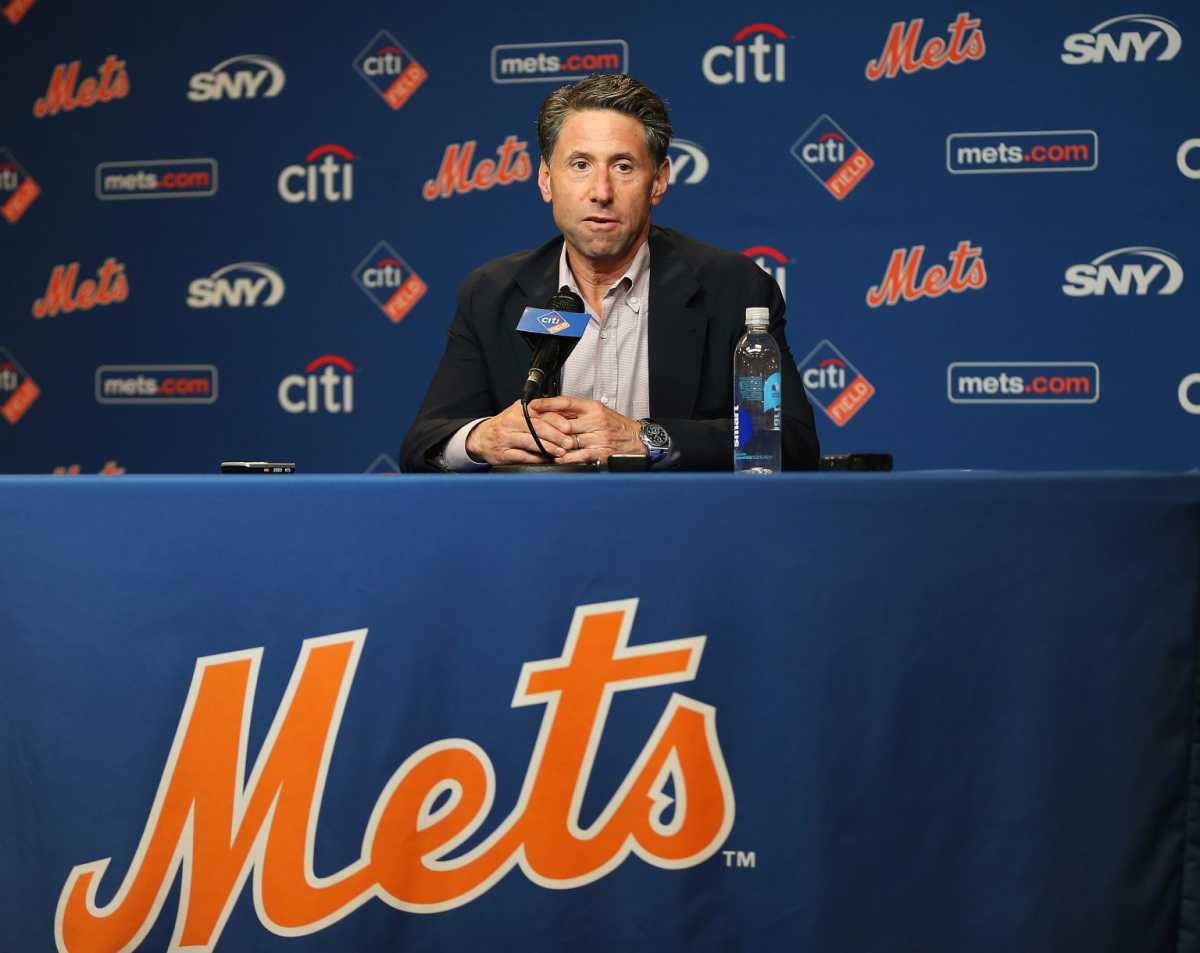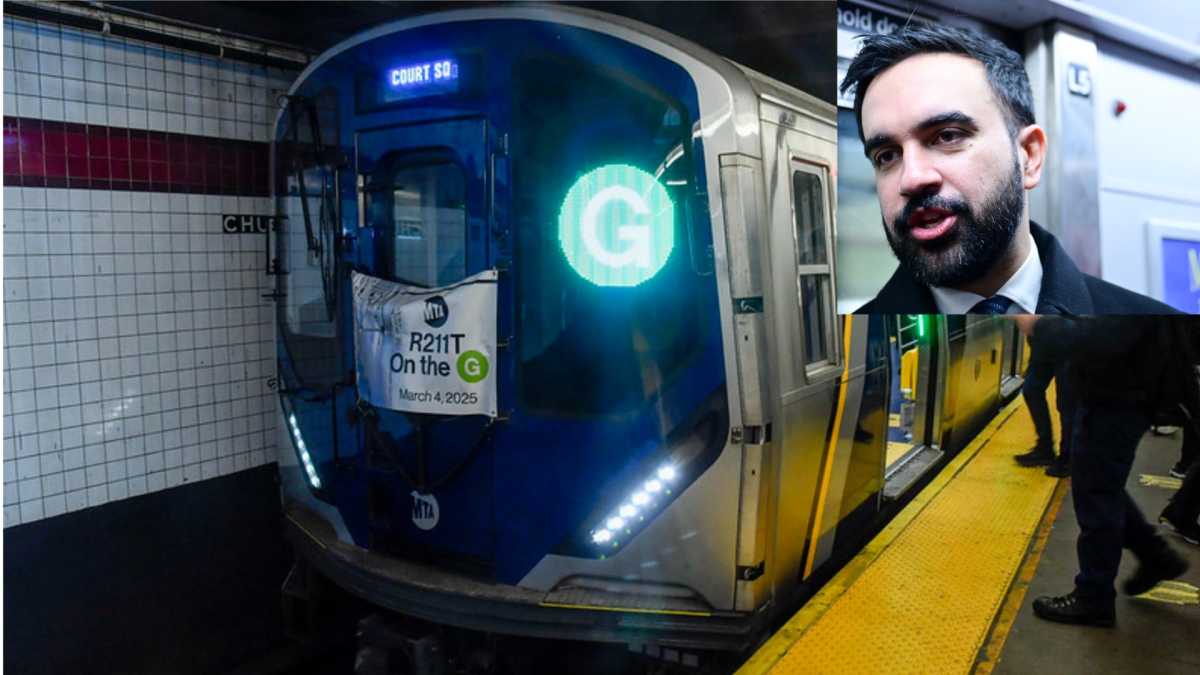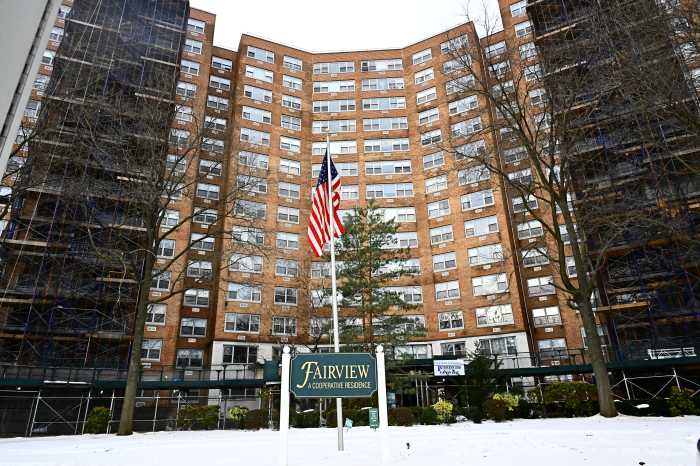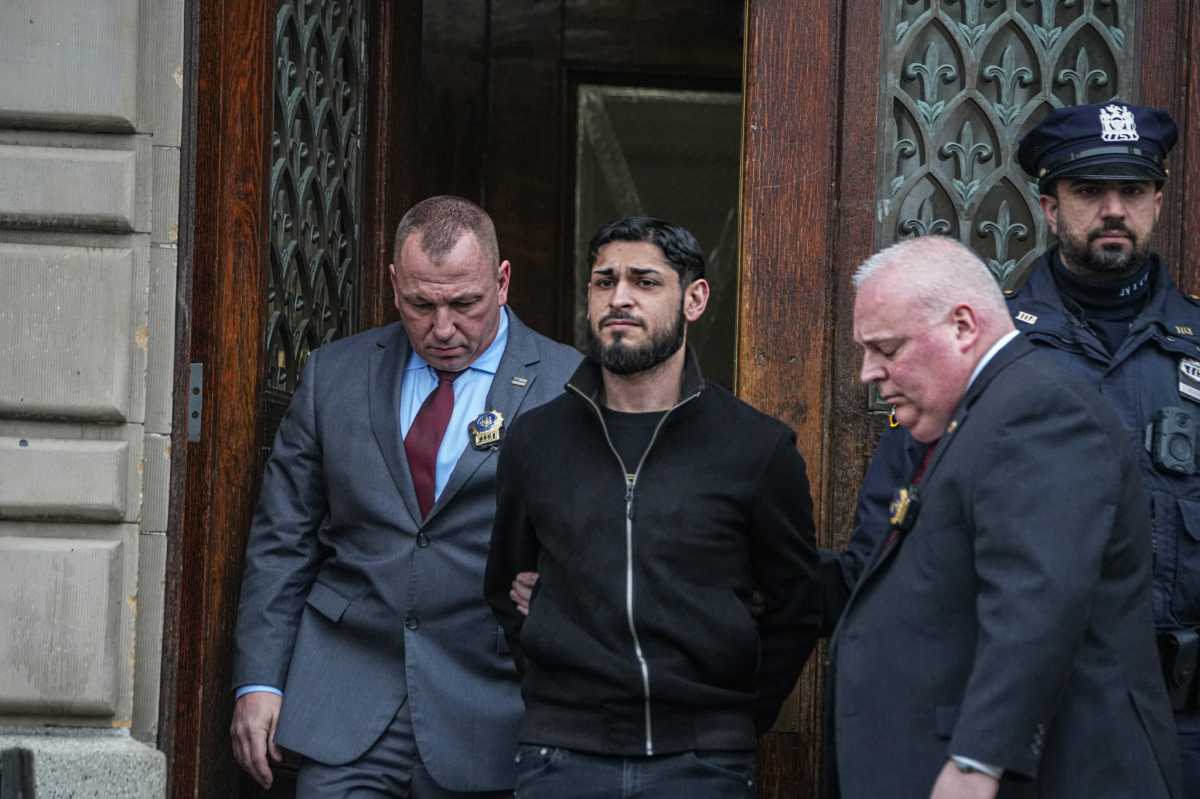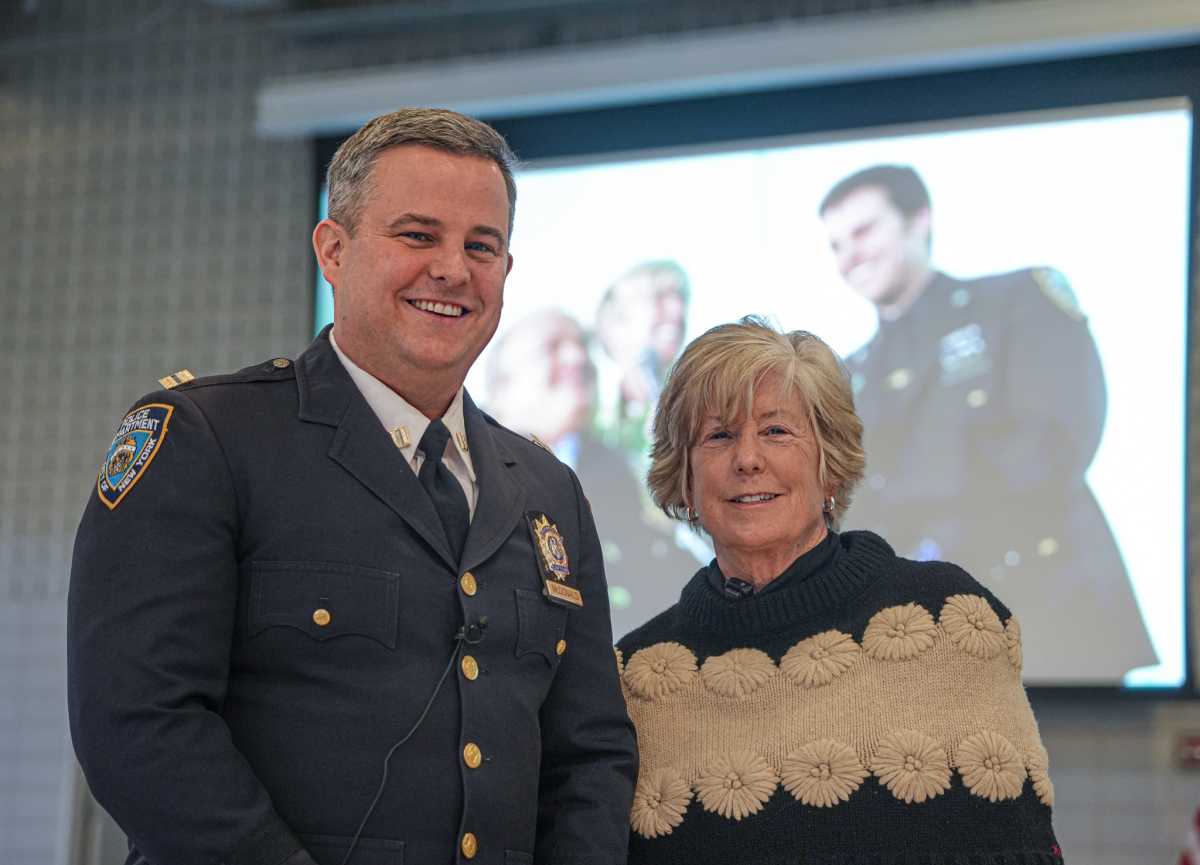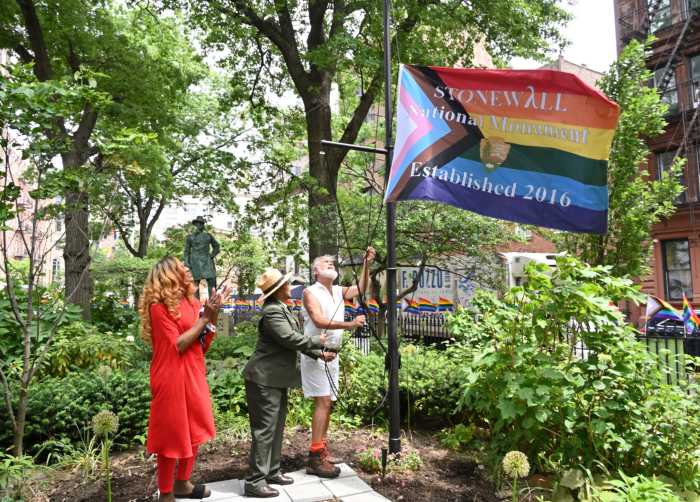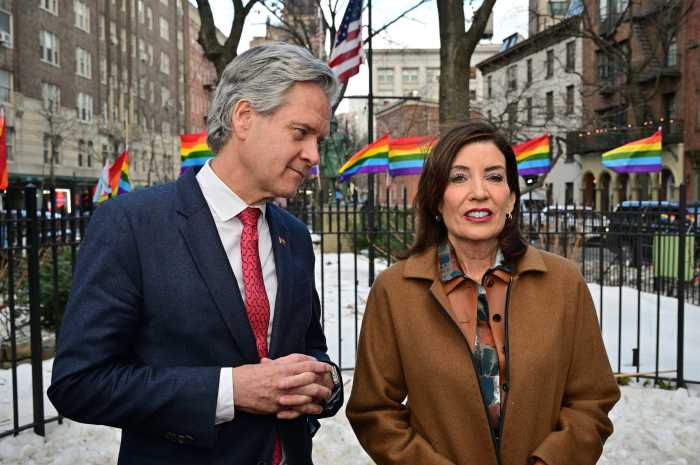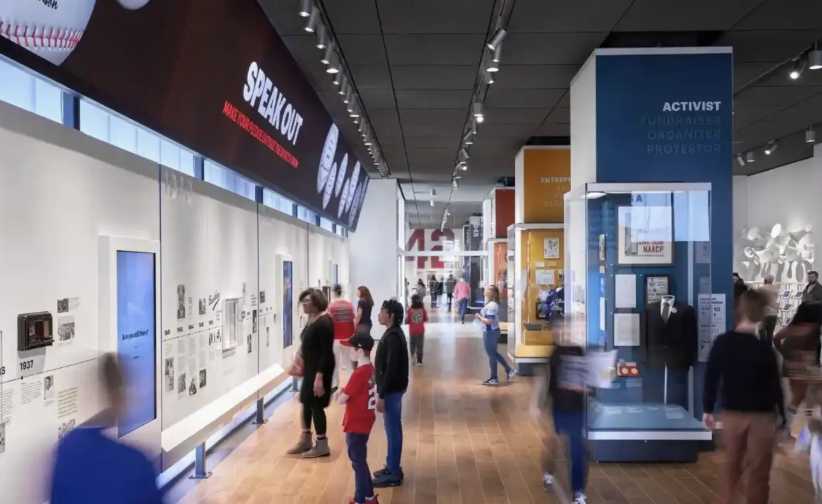When I was roughly 15 years old, I made the horrible realization that I wouldn’t grow up to be the starting first baseman for the New York Mets.
Reality is difficult to grasp in that way, especially those that blindside you on some idle Wednesday on your way to work. Or while you’re watching your favorite baseball team get smacked for a fifth-consecutive loss to a team that went 54-108 last season.
The Mets aren’t a good baseball team. Plenty of you already knew that. Yet there are innumerous folks out there who still hold on to the hope that they could magically turn things around, go on a frantic sprint, and salvage this 60-game season.
Optimism is a nice thing to have, but possessing proper knowledge of history is even nicer.
The Mets haven’t truly been interested in winning for a very long time. They never really were under the ownership regime of Jeff and Fred Wilpon, which began in 2002.
They’ve been content on creating the illusion that they are contenders, spending just enough money to foster hope, and reap the profits that come their way without actually investing in top-tier talent.
A Major League Baseball team in the largest sports market in the world shouldn’t be run like a team that plays in Albuquerque.
But that’s what happens when penny-pinchers are in charge, though their miserly ways were exacerbated by the Bernie Madoff scandal that saw the Wilpon family lose approximately $700 million in 2008.
They still haven’t recovered from it — and neither have the Mets.
So, they look for the cheapest options to surround their mismanaged young talent, which so often has been derailed by injury and misuse over the years.
Then they do something like hire a former agent in Brodie Van Wagenen to continue to blow smoke up the backsides of an agonizing fan base, claiming that they were a team to beat and that they will always be a competitive ballclub.
Over the last two years, they’ve been competitive for all of two months.
This year, when the odds are even better for the Mets to make the playoffs thanks to baseball’s expanded postseason, a team many expected to make some noise has fallen woefully short with less than 25 games remaining.
Injuries and opt-outs have exposed the organization’s lack of depth, which was traded away by Van Wagenen in headlining deals for Edwin Diaz — who went from the best closer in baseball to the worst — Robinson Cano, and Marcus Stroman, who cited COVID-19 concerns as to why he chose to sit out the rest of the 2020 season (his last year under contract) last month.
So here are the Mets: Six games under .500 entering Wednesday afternoon’s game against the Orioles and out of a playoff spot when almost half the league can get in this year. Not to mention a pilfered farm system and a starting rotation that is in utter shambles.
The indignations seem to never stop for Mets fans, who are some of the largest gluttons for punishment in professional sports.
But they won’t last much longer.
The culture surrounding the organization is on the cusp of a major change if Steve Cohen can complete his second try and purchasing the Mets.
A hedge-fund billionaire worth roughly $14.6 billion, Cohen would become the richest owner in baseball and would ensure that the Mets are least more aggressive when it comes to the pursuit of the game’s best available talent.
As for the future of other front-office members, that remains to be seen, but Cohen has the assets to bring on far more experienced, effective executives that can help transform the Mets from baseball’s laughing stock to gem.
At this point, Mets fans just have to make it through a few more months.
This story originally appeared on amny.com.

